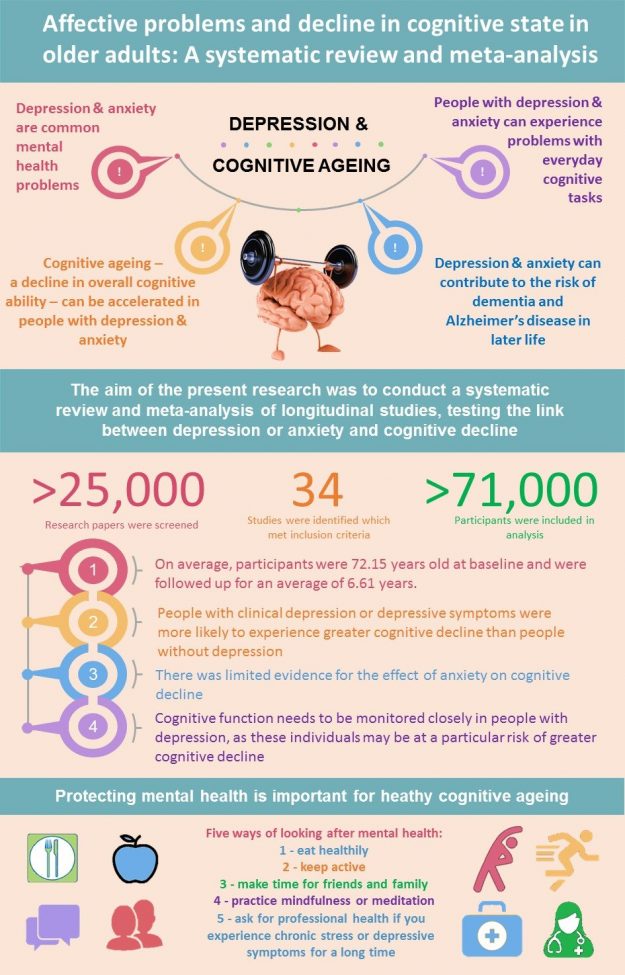The Empty Shoes protest at Nottingham University highlighted a growing crisis in students’ mental health. Is their home away from home a factor in mental illness?

When Chloe Chapman moved into her university accommodation in Cardiff, she was exhilarated by a new chapter of her life at university.
Chapman, a Cardiff-based student originally from Kent who recently decided to take a year out off university, came to Cardiff to first realise that she began to feel slightly “spaced out” from a monthly basis, a weekly basis, to a daily basis.

“I wasn’t entirely content with my accommodation in terms of basic things such as size and stuff, but it didn’t really bother me during the first few weeks when I was just enjoying my new life with new friends, without any academic anxieties,” said Chapman.
However, slowly yet surely, for Chapman, university housing was beginning to cast a shadow over her student life.
Chapman explained that in her accommodation, every student lived only with minimal space for everything.
“The bathrooms had no doors or shower curtains that leads to damp, creating a chain reaction of inviting bugs. Us, students got the blame and were nagged by cleaners who leave a little note in our rooms specifying the areas to be cleaned,” described Chapman.
Fire alarms would go off at random intervals throughout the night, either distracting their revision or hounding them out of their sleep at 2:00 or 3:00 a.m. every day.
On top of these, “the heating system in the rooms did not have an on/off switch and only worked irregularly. My neighbour would sleep in the corridor every day as the heating system was left on in the corridor leaving the corridor warmer than our rooms,” explained Chapman.
“I had been stuck in the same situation for months and I’d feel like a rat running in a circle.”
“Basically, I’d wake up every morning feeling lethargic. And then, this massive feeling of despair would kick in. Students are, deep down inside, more vulnerable than they appear to mental health issues, especially being away from home,” said Chapman.
In a matter of two months, her awful living conditions destroyed her mental wellbeing.
As a teenager, Chapman was a very outdoorsy girl surrounded by many friends who would also immerse herself in a variety of sports including volleyball, football, tennis, and more. But she had undergone mental health issues such as anxiety with minor complications. “It hadn’t really affected my grades at school, and I was still doing alright, actually more than alright, so at first I didn’t take it so seriously at Uni.”
“Residences staff within the accommodation as well as the security team were who I think worsened the whole situation, leaving me in despair. Individually, some staff seemed nice, but there was always a sense of aloofness in the way they spoke to me and absolutely nobody dared to mediate as a problem occurred,” said Chapman.
Eventually, she had to take some time out after being diagnosed with symptoms of depression, insomnia, and claustrophobia.
Some people find life in university accommodation problematic to varying degrees, but others who live in student accommodation not run by the university do not seem to be having as many issues.

Daniel Dabbs, another Cardiff-based student, said: “Having my own ‘space’ at the start of my master’s had a positive impact on my mental health. At the start of my course, I did not know anyone in Cardiff nor much information regarding the city itself being far from home. However, if my accommodation was not up to my needs, this would have definitely had a negative impact on mental health.”
He lives in private student accommodation and is only sharing his flat with two other flatmates who are also postgraduate students.
Cardiff University offers all international students as well as local/British undergraduate students a place in university halls while local/British postgraduate students do not qualify to apply for university accommodations.
“Of course, if I could have applied for uni halls with other postgrads or uni students at Cardiff, that would’ve been good,” said Dabbs.
“Housing is a contributing factor in managing mental health well, and recent studies recognised housing as a significant challenge for students’ mental health,” said John Morris, a Cardiff-based clinical psychology researcher, describing the link between mental health and accommodation.

(function (d) { var js, id = “genially-embed-js”, ref = d.getElementsByTagName(“script”)[0]; if (d.getElementById(id)) { return; } js = d.createElement(“script”); js.id = id; js.async = true; js.src = “https://view.genial.ly/static/embed/embed.js”; ref.parentNode.insertBefore(js, ref); }(document));
Mental health is a growing issue on and off campuses across the country.
A recent study by University of Sussex shows that adults who experienced depression and anxiety in their 20s had a decrease in memory function by the time they are in their 50s.

